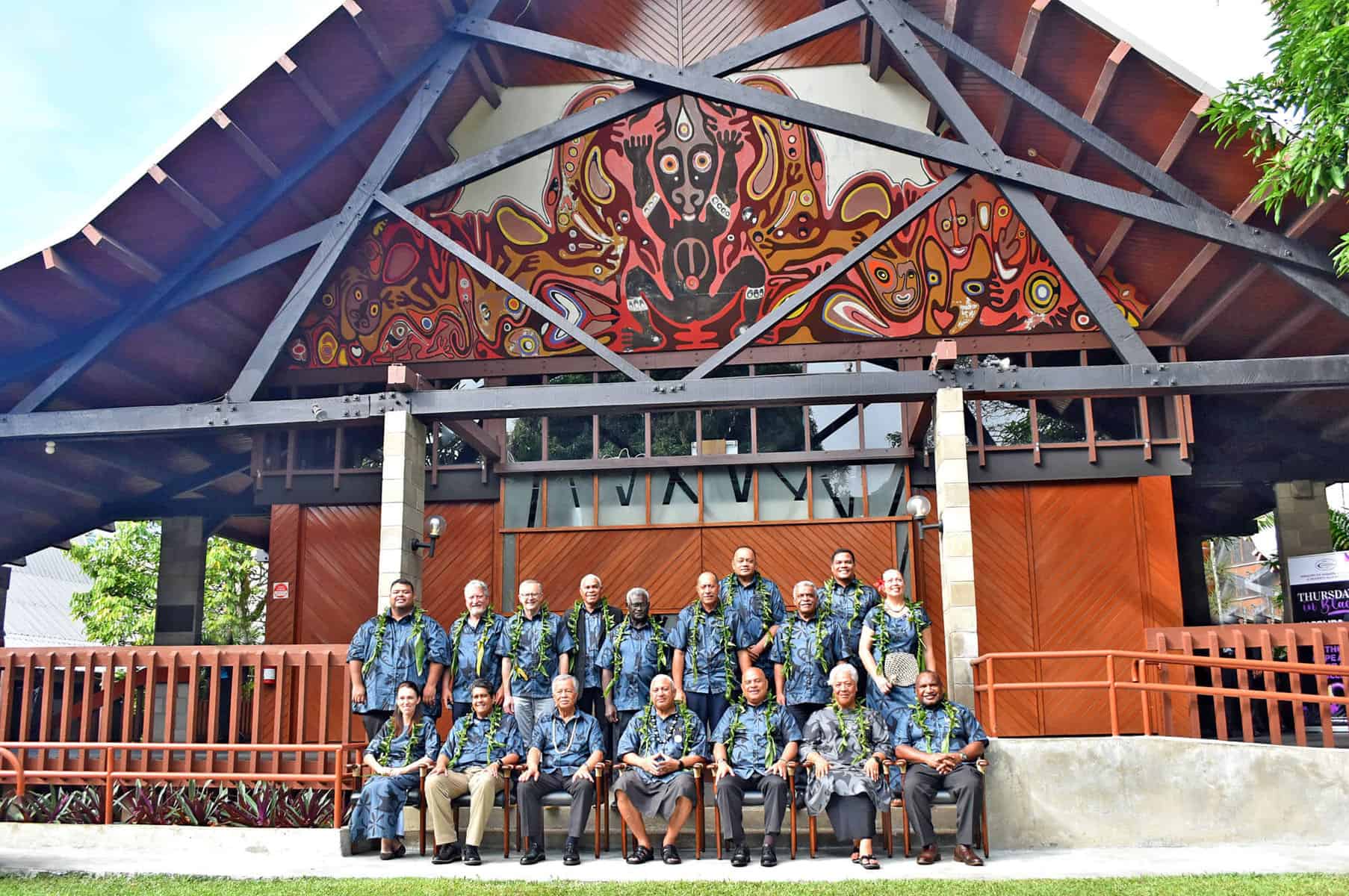It was a busy time in Suva this month, as Presidents and Prime Ministers arrived in the Fijian capital for the 51st Pacific Islands Forum. Well, most of them – the absence of key Micronesian leaders and the withdrawal of Kiribati from the regional organisation highlight ongoing tensions, despite the warmth of the welcome and positive vibes from leaders in their first face-to-face meeting since 2019.
The centrepiece of the week was the adoption and launch of the 2050 Strategy for a Blue Pacific Continent, a new framework for regional co-operation. For Forum host and . . .
Please Subscribe to view full content...
